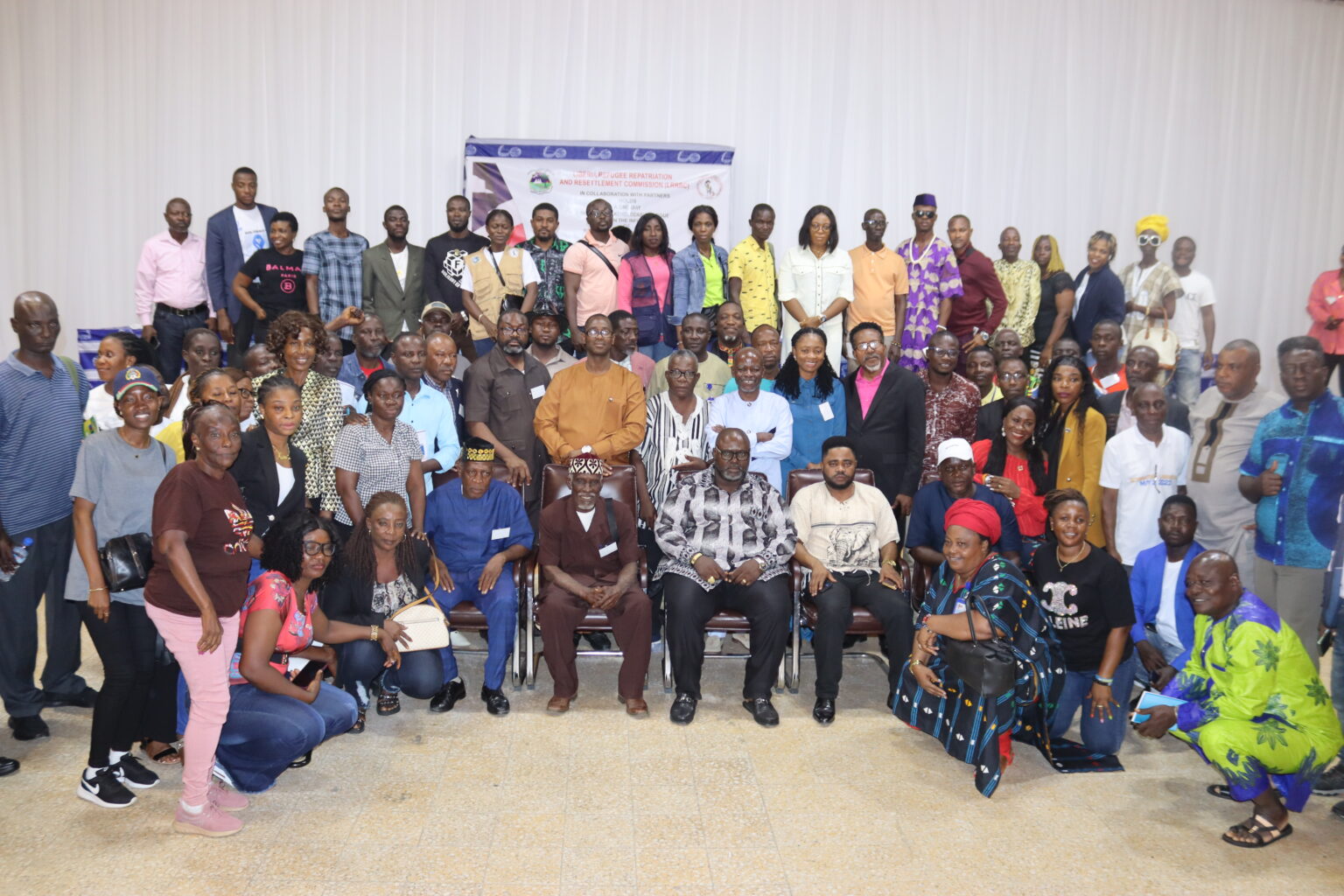Monrovia, Liberia – The Liberia Refugee Repatriation and Resettlement Commission (LRRRC) convened a crucial national stakeholder dialogue on August 16, 2024, to discuss the future of approximately 40,000 Burkinabe refugees residing in Liberia. The one-day event took place at Paynesville Town Hall from 10 a.m. to 5 p.m.
The dialogue addressed a range of critical issues concerning the Burkinabe refugee population, who were spread across four Liberian counties: Grand Gedeh, River Gee, Maryland, and Nimba. The session focused on several key areas including protection, human rights, political and foreign implications, community and local government rights, environmental and social concerns, and the economic impact of these refugees.
Executive Director of LRRRC, Hon. Patrick Worzie, highlighted the need for a comprehensive understanding of the Burkinabe refugees’ influence across Liberia. According to recent assessments, there were approximately 5,800 Burkinabe refugees in River Gee County, 2,500 in Grand Gedeh, 23,000 in Maryland, and 8,700 in Nimba, bringing the total to over 40,000.
Worzie stated that the dialogue aimed to explore strategies for managing the refugee situation, addressing asylum seekers’ needs, and facilitating their movement within ECOWAS countries under international agreements. Additionally, the event considered the integration of refugees into local communities and the necessary support systems.
The LRRRC had already initiated programs to offer durable solutions for refugees, including local integration efforts. At that time, over 2,000 refugees, including the 40,000 Burkinabes, were living in these areas, facing challenges related to cultural protection and undocumented status.
The high-level dialogue brought together various stakeholders, including key actors from the security sector, civil society, and local government, to discuss the social, economic, security, political, environmental, and cultural implications of the Burkinabe presence.
Key thematic topics included social protection, human rights, safety nets for women and children, political and foreign implications, community documentation processes, environmental conservation, and economic impacts.
Following the dialogue, a week-long awareness campaign commenced, along with the initiation of voluntary registration and profiling of Burkinabe nationals within Liberia.
The government of Liberia, in collaboration with UNHCR, IOM, and other partners, spearheaded this essential dialogue to address the growing population of undocumented Burkinabe nationals and to seek viable solutions for their future in Liberia.

